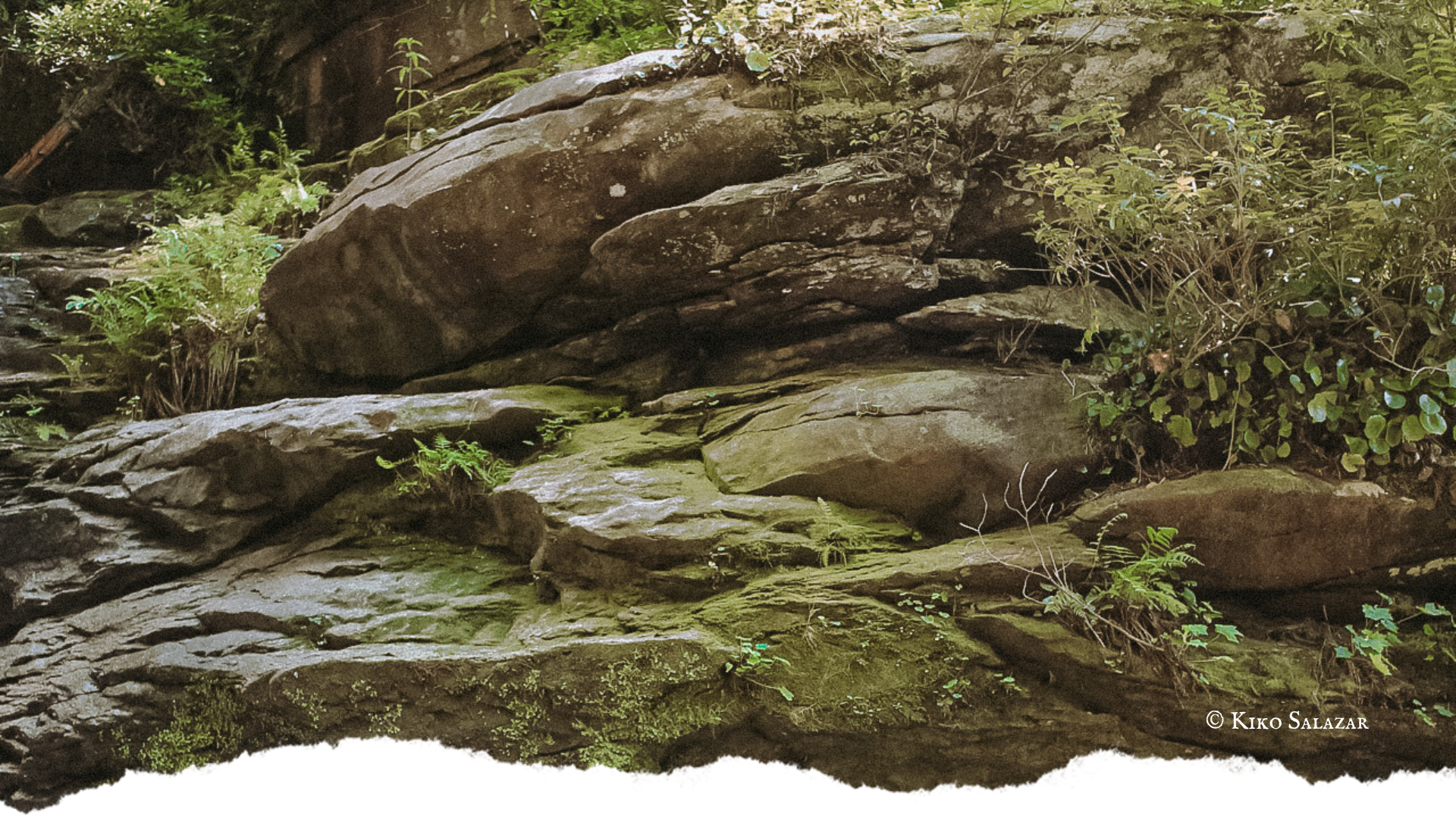
Augur of Clay
by Brent House
& when I say goodbye to my father he says
I can’t even lift myself on the tractor I’m ready.
What more? I ask.
For this boy who worked his mother’s farm under the hand
of a stepfather who carried a sack to melon fields
filled rind against rind the only son of a man who died
(How can a son question his mother?) carried his load.
Far apart from those rows
Stars glint through rafters & such & acres
a father gathers for a dollar. this thing
they’re not making any more
until a son taxed by his inheritance breaks & rises
as plains from a gulf.
That’s not my father nor his father.
I am not the son.
My father: a man without land rather deeds.
His wingtips worn into the fields as a gentleman.
The two pair of Florsheim’s in my closet haven’t worn
the letters from their soles.
I had one pair of shoes for my senior year he says.
I don’t see them in the photo but I believe his story.
On a hill—miles from the spring—a cousin’s new well & power. Still
our blood gathers at the old places behind a crescent moon & sits
as the hollow of earth accepts.
When I ask my father to write the story of his life he writes:
I went into CCC camp in July just before was 20 yrs of age, stayed in 3 ½ yrs, worked in the forestry service part as a clerk. When I first went in was stioned east of Saucier, near success ms. worked there in forestry service experiment station, never did understand the work, just did what i was told to do. then we moved east of brooklyn, ms. that is where I served the rest of my 3 ½ years. while i was there bought a 1938 ford two door with a radio for the sum of 813 dollars. after that never did have a shortage of girlfriends. my wishes now is i wished had invested money in land.
O father
I wonder if your father walked the streets for years
after your birth stayed nearhand
to a woman who weighed lives as flour on a standard scale.
I wonder how might before the sawing the cutting
& the sapping we have told a pine to open
& deliver us from the bed of deep horizons.
I’ve seldom seen the stones of my ancestors
still our blood gathers at the old places & I listen as voices spring from roots of Hickory as foxfires
spring light to attract a limb or defer a hunger
bright enough to read though still cold to touch
exhalant bodies & onionskin truth:
We can’t take our soils to heaven.
A father knows his firstborn child.
The lastborn child knows heaven.
My father & I one as arrhythmias of birdsongs
as the harmony of a hit single without copyright
or consummate proof of ownership
recorded again & again
he sang:
I was dancing with my darling to the Tennessee Waltz
When an old friend I happened to see.
His mourning: for pasture acres & ochre pleasures
an unheralded daughter
bound on a cushion deep & beautifully tailored
& taken in a shallow trough of sedimentary desire
so I have planted seeds in black humus in the flesh between.
My rawboned father danced with his love & for years knew
not a bit of her child
born & later in images kept in a shoebox I stand between both
as redemption of past sin
my arms around each shoulder & my hands over blades
sharp enough to draw blood
& long with eluviations.
Brent House is the author of The Wingtip Prophecy (April Gloaming, 2023) and a contributing editor for The Tusculum Review. His poems have appeared in journals such as Colorado Review, Denver Quarterly, Third Coast and Kenyon Review. A native of Necaise, Mississippi, he once raised cattle and watermelons on his family’s farm. He now raises tomatoes on the deck.


